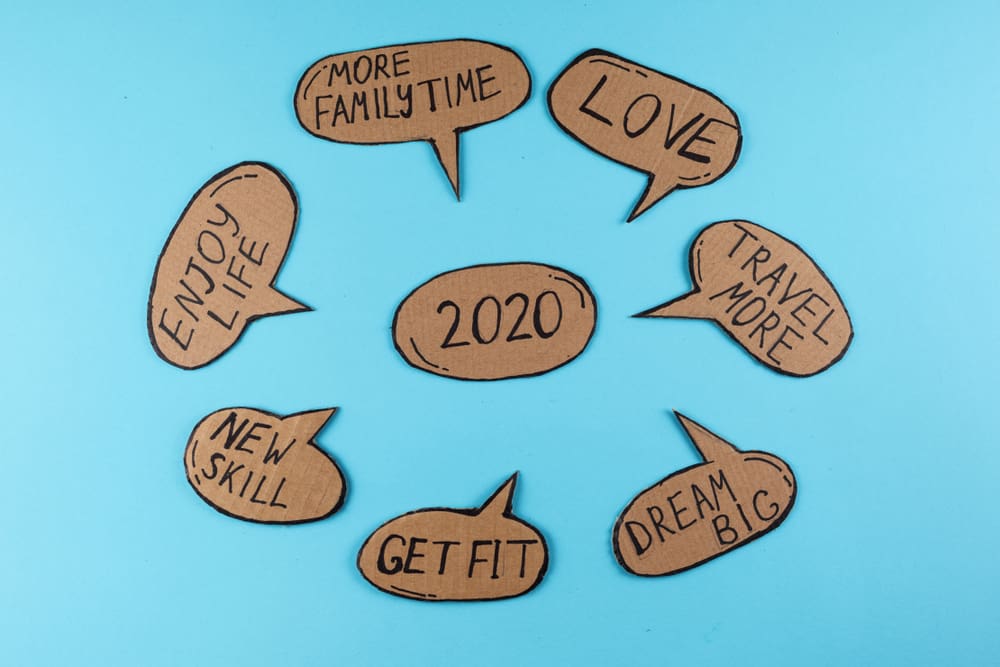
Dear Therapist:
I had so many good plans coming up this month and now they have all been cancelled. Like, I don’t want to get anyone sick or anything, but I’m pretty bummed. First off, there is nothing else on to go out and do. Second, I have no idea if this stuff will get rescheduled or not. Dang! How do I deal with my disappointment?
Signed, I know I’m not the only one, but Corona Disappointed
Ah! So many good concerts, sports, and events on this time of year. And it’s not like we are in the midst of a winter storm which is causing the disruption, it’s a virus. Something we cannot touch or see or feel — at least not until we get it. When things are getting cancelled for snow, it opens up a whole world of winter wonderland fun.
Not the case with this one, and I think that is part of the reason this is bringing you so much disappointment. It feels out of control and unknown. Let’s face it, we aren’t waiting for the snow to melt to get back to normal. We are waiting for a global pandemic to recede and hoping to not get sick during the outbreak. This is entirely different and most of us have never lived through such a disruption.
I think focusing on your disappointment is one way to try to feel some sense of control in an otherwise out-of-control time. We know disapppointment, we can put our energy there and feel certain about how bad it feels to not get to go to the big match or that ballet performance or that concert. What we don’t know is will this make a difference? Will this be over soon? Will my actions to avoid people and public spaces make a difference?
Disappointment we can know, uncertainty is harder to manage these days. So, let yourself feel that feeling of being disappointed. Hopefully, some of these things will be rescheduled. If not, then feel it, complain about it, and embody the disappointment so you can stay tuned in to your feelings.
However, do not despair. Most likely, this virus will recede and we will be left to pick up the pieces and begin anew with new things to do and to see. That day is coming. For now, welcome in your feelings.









